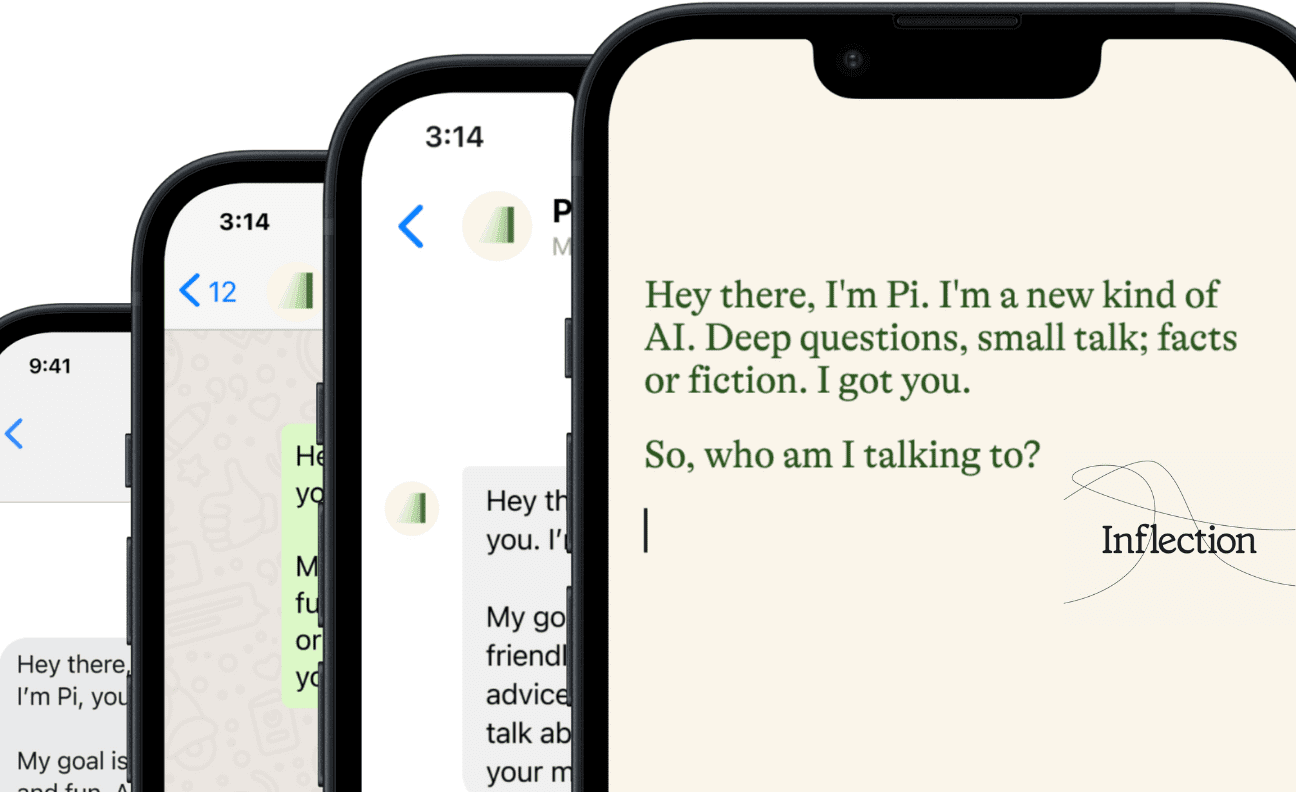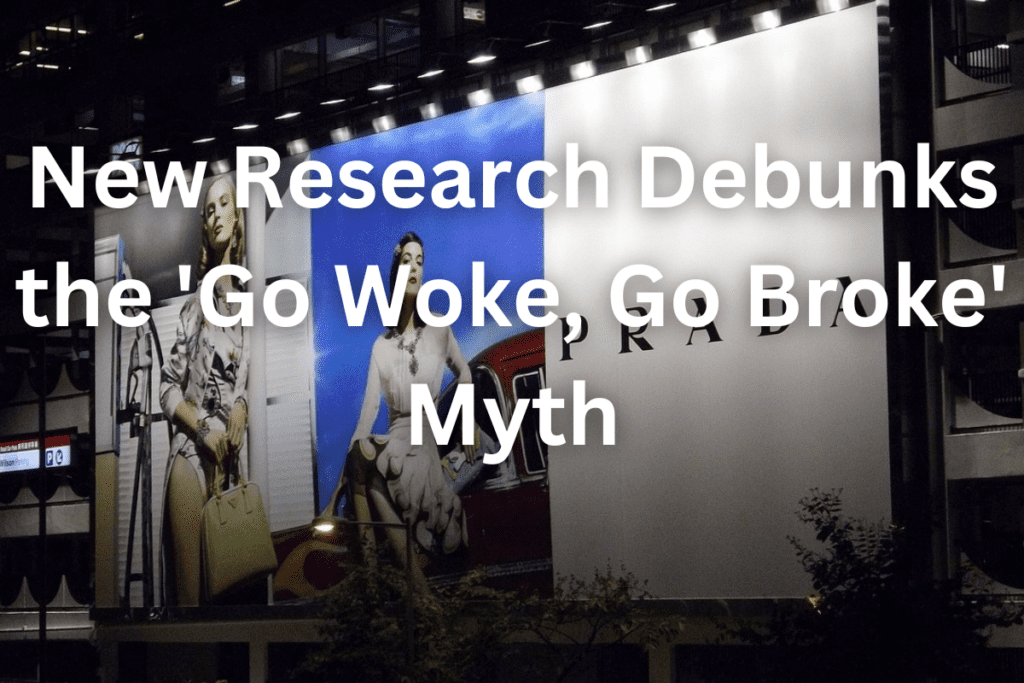Life can be overwhelming at times as we face challenges in different areas of our lives. It can be difficult to find someone who can relate to our problems, whether they involve work stress, relationship issues, or feelings of anxiety and depression.
However, thanks to the increasing use of artificial intelligence (AI) and machine learning, startups are developing chatbots that have received training from therapists, with the aim to offer users supportive advice and guidance.
This blog post will dive deeper into one of the most prominent of these chatbots, Inflection AI’s Pi, and explore how it’s helping individuals navigate life’s challenges.
Yesterday, we released Pi — Inflection's first personal AI assistant.
— Gautier Izacard (@gizacard) May 3, 2023
Also some life update — I have recently joined Inflection, super excited for the next chapter! https://t.co/6ojN8rq27r
What is Inflection’s AI’s Pi designed to do?
The Pi, short for personal intelligence, chatbot from Inflection AI is intended to provide amicable guidance and serve as a supportive friend to its users. Although it’s not a substitute for in-person therapy, the chatbot has been programmed by approximately 600 “teachers,” including mental health professionals, to provide empathetic and helpful conversation.
The objective of this tool is to assist users in discussing their issues and giving advice on improving their ability to cope with stress. One of Pi’s co-founders stated that the chatbot is programmed to respond with phrases and supportive words because many individuals want to feel listened to.
The chatbots follow-up questions are designed to motivate users to keep expressing their emotions and offer suggestions on whom they can seek further assistance from. Pi also provides users with breathing exercises and mindfulness techniques that can help in managing stress.
How does it differ from other chatbots?
Unlike other chatbots, Pi’s design and intention is to have a conversational tone, demonstrate empathy, and come across as human.
The Pi algorithm aims to simulate a conversation with users, offering a more in-depth interactive experience.
Thanks to advancements in natural language processing and voice recognition technology, this experience is becoming more and more realistic everyday.
What has recent research shown?
Studies indicate that chatbots powered by AI can effectively provide support to people experiencing mental health issues, like depression and anxiety. Their service provides 24/7 assistance, which will eliminate the pressing need to wait for an appointment.
Additionally, the information obtained from users’ interactions can be used to enhance future versions of the chatbot. This helps to continually advance and improve its services to benefit both current and future users.
What are the potential downsides to using Pi?
Despite the potential benefits of using Pi, it’s important to remember that it’s not a replacement for real-life therapy.
Although the chatbot is able to provide guidance and advice, it cannot provide users with qualified medical or psychiatric assistance.
Additionally, as with any online service based around AI technology, there are concerns about data privacy, therefore it’s important to do your own research and ensure you read any terms of service before signing up for the service.
Conclusion
In conclusion, AI-powered chatbots are becoming increasingly popular as a form of emotional support and are providing individuals with a safe place to talk about their mental health problems.
Inflection AI’s Pi is one of the leading AI-based chatbots, offering users advice on how to deal with their stress levels more effectively.
It’s important to remember, though, that although it can offer comfort and advice, it’s not a replacement for real-life therapy and that there are potential downsides associated with using it.
Ultimately, it’s up to the individual user to decide whether or not they feel comfortable using an AI-powered chatbot as a form of mental health and emotional support.









